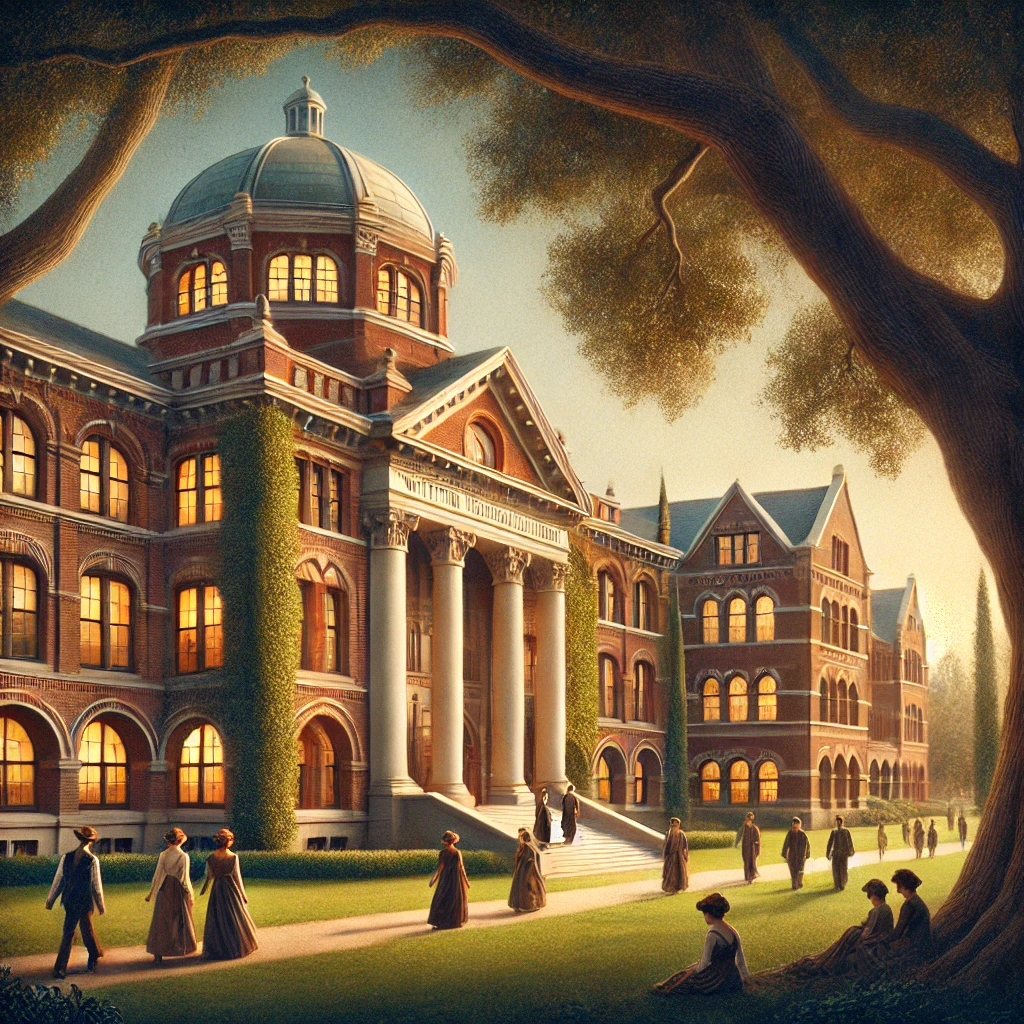January 9th, 1913, marks the birth of Richard Nixon, one of the most consequential—and controversial—figures in American political history. Nixon, who would go on to become the 37th President of the United States, played a pivotal role in shaping the nation’s politics and policies. From his early career in law and politics to his presidency and eventual resignation, Nixon’s life story is inextricably linked to the turbulence of the 20th century and the evolution of American democracy.

Early Life and Political Rise
Richard Nixon was born in Yorba Linda, California, in 1913 to a working-class family. His early years were marked by perseverance in the face of hardship, with his family struggling financially. Nixon’s academic abilities and drive led him to attend Whittier College and later Duke University School of Law. His legal training and sharp intellect helped propel him into politics, and by the 1940s, he had begun making a name for himself in the political arena.
Nixon’s rise to national prominence began when he was elected to the U.S. House of Representatives in 1946. He quickly gained attention for his staunch anti-communist stance during the early years of the Cold War. As a member of the House Un-American Activities Committee, Nixon played a key role in the pursuit of suspected communists within the U.S. government, which eventually contributed to his rise as a prominent figure in national politics. His reputation grew further when he became Vice President under President Dwight D. Eisenhower in 1953.

The Presidency and Major Achievements
In 1968, Richard Nixon was elected President, defeating Hubert Humphrey in a contentious election. Nixon’s presidency, which spanned from 1969 to 1974, was marked by significant achievements in both foreign and domestic policy. One of his most notable accomplishments was his opening of diplomatic relations with China, culminating in his historic visit to Beijing in 1972. This move helped shift the balance of global power and had long-lasting effects on U.S.-China relations.
Nixon also oversaw the signing of the Strategic Arms Limitation Talks (SALT) with the Soviet Union, which aimed to curb the proliferation of nuclear weapons during the height of the Cold War. Domestically, Nixon implemented several significant policies, such as the creation of the Environmental Protection Agency (EPA) and the establishment of affirmative action programs. These achievements marked a significant period of domestic reform, even as political unrest and social movements were reshaping American society.
Watergate and Resignation
However, Nixon’s presidency is perhaps most remembered for the Watergate scandal, which led to his downfall. In 1972, members of Nixon’s re-election campaign broke into the Democratic National Committee headquarters at the Watergate complex, hoping to wiretap and gather information. As investigations into the break-in unraveled, it was revealed that the Nixon administration had been involved in a cover-up. The ensuing scandal led to widespread public distrust and mounting pressure for Nixon to resign.
Facing the likelihood of impeachment, Nixon became the first U.S. president to resign from office on August 9, 1974. Gerald Ford, his vice president, succeeded him and controversially pardoned Nixon for any crimes he may have committed while in office. The Watergate scandal remains one of the darkest chapters in American political history, leaving a lasting impact on public perceptions of government corruption and executive power.

Nixon’s Legacy
Despite the ignominious end to his presidency, Richard Nixon’s legacy is far from simple. While his involvement in the Watergate scandal overshadowed much of his tenure, Nixon’s accomplishments in foreign policy, particularly his role in easing tensions with China and the Soviet Union, continue to be acknowledged as groundbreaking. His policies, such as his handling of the Vietnam War and his initiatives in civil rights and environmental protection, also left lasting impacts on the nation.
However, Nixon’s presidency also prompted significant changes in how Americans viewed the presidency and government as a whole. The Watergate scandal led to reforms intended to curb presidential power and prevent corruption, such as the establishment of new campaign finance laws and the creation of the Freedom of Information Act.
Richard Nixon’s life and career reflect the complexities of American politics in the 20th century. From his early rise in the political ranks to his groundbreaking foreign policy achievements, Nixon’s legacy has had far-reaching implications. However, the shadow of the Watergate scandal and his subsequent resignation continues to define how history views his presidency. Today, Nixon is remembered as a figure whose ambition and vision reshaped the nation, but whose fall from grace serves as a reminder of the fragility of political power.
